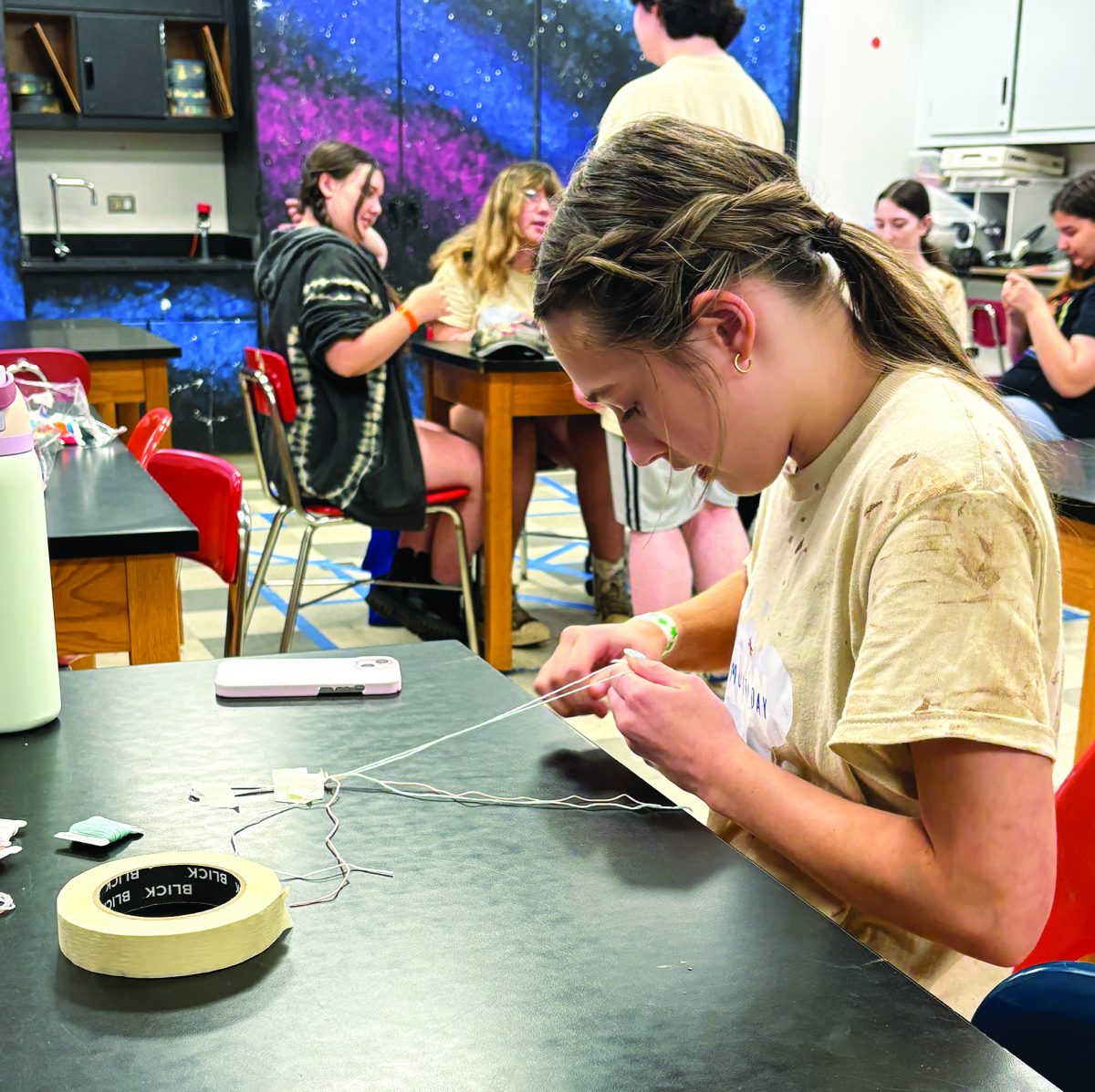By threatening to eliminate the Department of Education, the Trump administration has instilled fear in many aspiring students and school communities.
The elimination could also remove many needed resources.
According to Time reporter Rebecca Schneid, the Department of Education has many roles.
“The Department of Education has many different and varied responsibilities under its current formation and governs many offices including the Federal Student Aid (FSA), Institute of Education Sciences (IES), Office for Civil Rights (OCR), and the Office of Special Education and Rehabilitative Services (OSERS),” Schneid said.
The department also has the important task of managing the “outstanding federal loan debt,” which totals to around $1.693 trillion.
The Department of Education is the largest source of loans for students. FAFSA, the Free Application for Federal Student Aid, is also administered by the department.
FAFSA is “the key form for accessing grants, federal student loans and work-study programs,” U.S. News and World Report said.
According to StudentAid.gov, “more than 1,400 [department] employees help make postsecondary education possible for more than 9.9 million students each year” through FAFSA.
Not only do many students gain aid, but many people are also employed through the department.
FAFSA allows many students to receive a higher education, who would not be able to without the support of the education department.
However, under the Trump administration, the possibility of the department being shut down, and programs such as FAFSA with it, stands.
Without FAFSA, going to college would be nearly impossible for many students across the country.
According to Earnest.com, many families are concerned about the potential loss.
“Understandably, families are worried that changes to the administration of FAFSA could potentially disrupt the college plans of millions of students who depend on federal financial aid,” Earnest.com said.
First-generation students, in particular, could have more challenges to receive a college education.
“The stakes are particularly high for first-generation college students and those from low-income backgrounds, who often rely most heavily on federal aid programs to make higher education accessible,” Earnest.com said.
In addition to the removal of FAFSA, the elimination of the education department would also hinder data collection and research of the school environment, which is very important for curriculum writers and government officials.
According to University of Nevada professor of special education Shanon Taylor, research affects many things, including school funding.
“[The Department of Education] collect[s] and analyze[s] data on all aspects of education to determine trends and disseminate this information to Congress and the public. This information is used to request future funding levels,” Taylor said.
This research is critical to improving the school system and providing an adequate learning experience for students of all abilities.
“They also support ongoing research on critical issues in education, including but not limited to determining the most effective interventions to teach children and youth,” Taylor said.
The education department is responsible for the education that the students of America receive, education that is critical for the futures of so many individuals.
By not prioritizing the education of students, the administration, in turn is choosing to not prioritize the future of America.
The response of fear that many students and others have displayed truly shows the damage that elimating the department would cause.
According to NEA Today, families have joined together to show support for the department.
“Families across the country support strong public schools because they understand students need more opportunities,” NEA Today said.
Possible Ed. Dept. elimination means harsh consequences
Under President Donald Trump, the Department of Education has been targeted by the administration itself. Trump has proposed the complete elimination of the department, which includes resources for many students.
0
Tags:
More to Discover
About the Contributor

Aubrey Gehman, News Editor





